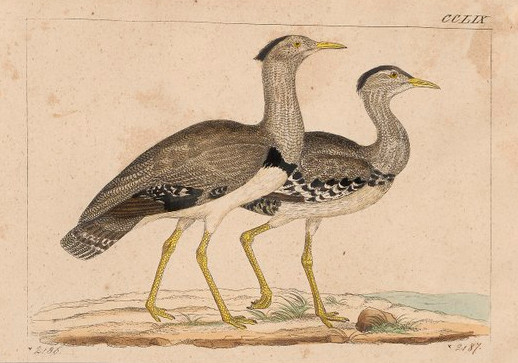Gertrude Stein’s 1935 lecture “Poetry and Grammar” includes a section on punctuation, for which she had a peculiar disdain:
There are some punctuations that are interesting and there are some punctuations that are not. Let us begin with the punctuations that are not. Of these the one but the first and the most the completely most uninteresting is the question mark. The question mark is alright when it is all alone when it is used as a brand on cattle or when it could be used in decoration but connected with writing it is completely entirely completely uninteresting.
In 2000, Kenneth Goldsmith rather archly removed the words from this passage and offered the bare punctuation as a poem titled “Gertrude Stein’s Punctuation from ‘Gertrude Stein on Punctuation'” (the full passage and the poem are both here). Goldsmith did the same thing with the punctuation chapter from Strunk & White’s Elements of Style and with Molly Bloom’s soliloquy at the end of Ulysses — a few hyphens and a period.
Carl Reuterswärd’s 1960 novel Prix Nobel consists entirely of punctuation marks. Reuterswärd felt that ordinary writing robs punctuation of its meaning; the surrounding words convey concepts and the commas, colons, and periods simply help to mark it. Removing the words, though, revealed an “interesting alternative: not to ignore syntax but certainly to forgo ‘the preserved meaning of others.’ The ‘absence’ that occurs is not mute. For want of ‘governing concepts’ punctuation marks lose their neutral value. They begin to speak an unuttered language out of that already expressed. This cannot help producing a ‘colon concept’ in you, a need of exclamation, of pauses, of periods, of parentheses.”
In 2005, Chinese novelist Hu Wenliang offered 140,000 yuan ($16,900 U.S.) to the reader who could decipher his novel «?», which consists entirely of punctuation marks.
The autobiography of the American eccentric “Lord” Timothy Dexter (1748-1806) contains 8,847 words and no punctuation. When readers complained, he added a page of punctuation marks to the second edition, inviting them to “peper and solt it as they plese.”
06/30/2022 More: Reader Kevin Orlin Johnson sent this poem by David Morice, from the February 2012 issue of Word Ways:
% , & –
+ . ? /
“ :
% ;
+ $ [ \
It’s a limerick:
Percent comma ampersand dash
Plus period question mark slash
Quotation mark colon
Percent semicolon
Plus dollar sign bracket backslash
(Thanks, Kevin.)

